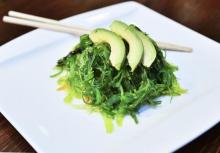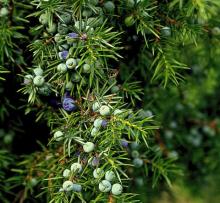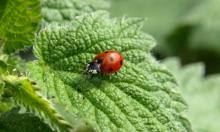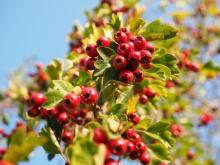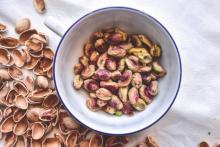Iodine Supplementation: More Is Not Better
Iodine. It’s a component of thyroid hormone, critical for fetal and childhood growth and development. It also regulates metabolism, digestion, heart function, reproduction and many other aspects of adult health. Hypothyroidism (an underactive thyroid) will result if someone is deficient in iodine, and can also result from other issues. Most of us in the West have enough iodine, though studies have found that a significant number of pregnant or lactating women in the U.S.

